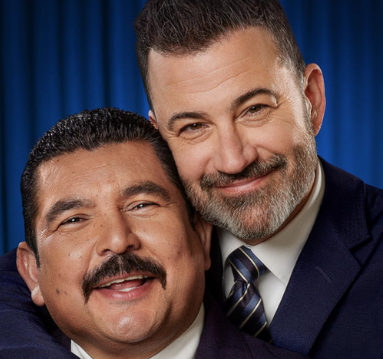The political assassination of the 31-year-old conservative commentator Charlie Kirk on Sept. 10 plunged the nation into a state of further political polarization. Some cheered that one of the main pro-life figureheads had been dethroned and could no longer spread hateful rhetoric. Others mourned the loss of a father, friend and husband who was a beacon for younger generations to understand the conservative movement. Many other people didn’t fall within those two extremes, instead falling into a gray area that doesn’t fit neatly into party or ideology.
Political assassinations aren’t new within American politics. The reality has shifted, however, in who is targeted, the frequency of such violence and the motivations behind these acts. Because of this, deaths like Kirk’s are becoming a turning point, signaling a new reality for American politics. No longer do we solely disagree with rhetoric because it contrasts with our lived experiences and morals. We’re beginning a new phase of disagreement with the people saying the rhetoric, seeing them only as the party they associate with, and in the process, relinquishing our humanity in every debate we find ourselves in.
On Jul. 30, 2025, the Pew Research Center surveyed eligible adult voters across the country on whether or not Republican and Democratic voters agree on basic facts about national issues that influence policy and government planning. More than 80% of all adults said the parties are incapable of agreeing about both vital facts and policies and their benefits, with 79% of Republicans agreeing with this remark and 83% of Democrats agreeing. We can agree that we’re divided. But why?
The answer to such division might be in the media we consume. Extremist media changes the way that we perceive the world, making us think that people with differing views are the enemy and will attack at any time they want, creating a space of fear and paranoia. Like our ancestors, when we perceive a threat, we often want to eliminate it by any means, which is why extremism is more likely to lead to acts of political violence. This is why attackers often have political manifestos full of extremist rhetoric that’s been either taught to them their entire lives or has been introduced through their preferred media. Though it may seem like a minuscule factor within politics, and that social media never has that much power over thought, the influence of such posts can be seen with recent findings by Pew.
More than 59% of users on X (formerly known as Twitter) got their news mainly from the social platform in 2020, seeing a slight drop this year, with more than 57% of users regularly getting their news from the platform alone. Although it may seem like this source is neutral, its algorithm is curated according to only your politics and media, which tends to villainize those on the opposing side. Their main goal is to get you to watch more out of outrage and even to fight with others. After all, you’re just a number, and every time you interact with those who make you angry within the comment section, the platform just gains more and more rage baiting you for money. Though online discourse may seem harmless, the lack of actual human interaction in exchange for a profile picture makes it easy to forget that these are people with lives outside of these comments.
Online discourse often dehumanizes those within the political sphere, negating what their lives mean outside of politics. This dehumanization manifests in the violent outbursts we see almost every day. The media makes violence feel acceptable. After all, how can we harm a video? How could you harm a picture? But, this isn’t media, these are people. They matter to someone in the world, regardless of their views. They have souls; they are breathing and their heart pumps blood just the same as ours. They feel what we feel.
Charlie Kirk wasn’t a perfect man. None of us is. But his rhetoric appealed to audiences because it allowed people to put down the screens and make a real connection, to listen to each other outside of their bubbles of thought. He connected through the disagreements and just talked. He helped people see the humans through the donkey and the elephant and made people more than their usernames. He wasn’t popular with everyone, and he didn’t censor himself to say things that others agreed with. Yes, he did have some strict conservative values, especially about reproductive rights, that some Americans saw as offensive, even hateful.
But despite all of what he stood for, Charlie Kirk was a human being. If we cheer for politically charged acts of violence, we rob ourselves of the empathy and rationality that make us human. We trade our humanity for a deadly and bleak future for Americans and the freedom of opinion and diversity that makes us…us.







